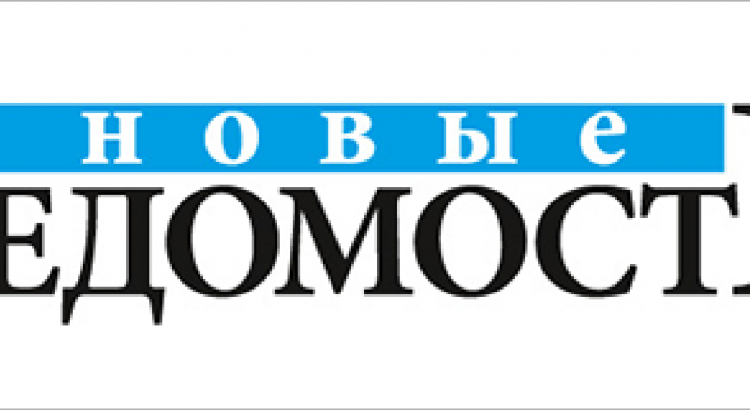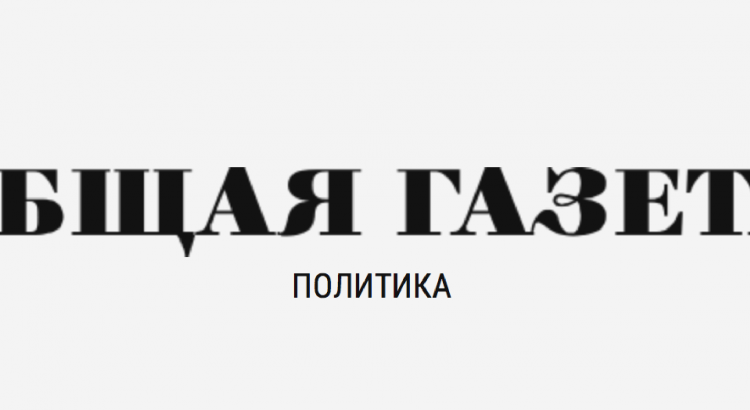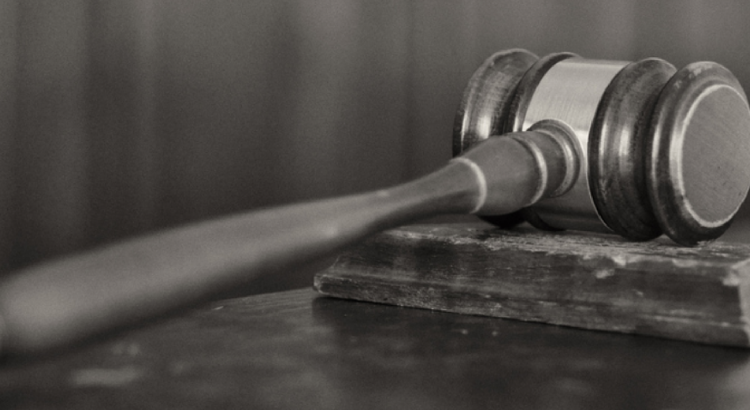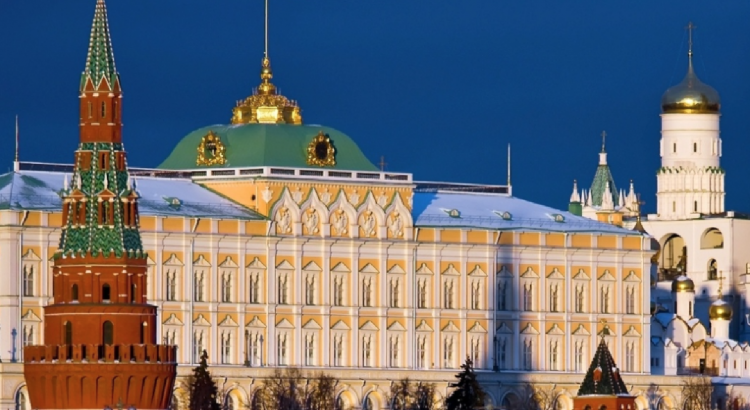Contenu à venir
Mois : octobre 2015

La réaction du Parlement russe suite au lancement de la demande d’arbitrage international par Sergueï Pougatchev
Le projet de loi portant sur l’immunité juridictionnelle des États étrangers et leurs avoirs dans la Fédération de Russie vient d’être adopté à la hâte, témoignant du potentiel de la demande d’arbitrage de l’homme d’affaires français Sergueï Pougatchev, qui réclame un montant de 12 milliards de dollars à l’État.
Le journal russe Novye Vedomosti [«Nouvelle Gazette»] a rapporté que la perspective du recouvrement de 12 milliards de dollars à la Fédération de Russie et des mesures transitoires contre la Fédération de Russie, notamment le gel des actifs russes dans différentes juridictions, dans le cas où la demande de Pougatchev serait entendue, a visiblement éveillé les inquiétudes des parlementaires russes. Le pouvoir législatif a approuvé à la hâte la nouvelle proposition de loi qui stipule que l’immunité d’un État étranger sur le territoire de la Fédération de Russie pourrait être limitée si la Russie ne peut pas exercer pleinement une immunité égale sur le territoire de l’État étranger en question. En d’autres termes, la Russie serait en mesure de geler les actifs des pays étrangers se trouvant sur son territoire en réponse à une action similaire à l’égard de ses actifs.
C’est qui est intéressant, c’est que la proposition de loi a été approuvée seulement quelques jours après la déposition de la plainte par Pougatchev, qui est susceptible d’être entendue par la Cour permanente d’arbitrage de La Haye, dans laquelle l’homme d’affaires demande à être indemnisé par la Russie pour un montant de 12 milliards de dollars pour des actifs confisqués dans l’immobilier , la construction navale et l’industrie minière. Pougatchev a également affirmé : «Nous avons passé une année à préparer cette action. La réclamation sera déposée devant plusieurs juridictions différentes. Ceci est une pratique habituelle en matière de droit et les avoirs de la Russie seront gelés même avant qu’une quelconque décision soit rendue par la cour.»

Pougatchev pourrait bien gagner la procédure d’arbitrage contre la Russie en raison de la détérioration des relations étrangères
L’article publié par le journal russe Obschaya Gazeta [en français : « Journal Général »] renvoie au commentaire fait récemment par le Président de la Cour d’Arbitrage de Moscou, Alexeï Kravstsov, selon lequel Pougatchev a de fortes chances d’obtenir la compensation de 12 milliards de dollars qu’il réclame à l’État russe. Kravtsov a dit que « la décision pourrait même être rendue dans six mois » et que la cour allait « entendre les deux parties par le biais de relations bilatérales ». En effet, la demande d’arbitrage de Pougatchev mentionne des violations de l’Accord entre le gouvernement russe et le gouvernement de la République française portant sur la promotion et la protection mutuelle des investissements par la Fédération de Russie.
Les experts russes affirment de manière unanime que les facteurs principaux qui vont influer sur la décision de la cour sont les preuves objectives de l’expropriation de M. Pougatchev , mais également la situation politique internationale qui continue à se détériorer. Alexander Shatilov, politologue et doyen de la Faculté de sociologie de l’Université des finances du gouvernement russe a déclaré que les relations internationales entre la Russie et l’Occident se sont « nettement détériorées » après l’annexion de la Crimée.
Le mois dernier, Sergueï Pougatchev a affirmé qu’après le lancement de la procédure d’arbitrage international, l’étape suivante consisterait à engager des mesures transitoires contre la Fédération de Russie et notamment le gel des avoirs russes à l’étranger. « Nous avons passé une année à préparer cette action. La réclamation sera déposée devant plusieurs juridictions différentes. Ceci est une pratique habituelle en matière de droit et les avoirs de la Russie pourraient être gelés même avant qu’une quelconque décision soit rendue par la cour », soutient Pougatchev. Alexander Shatilov est d’accord avec l’avis de Pougatchev : « la décision de bloquer les avoirs russes pourrait être rendue en dehors de la cour ».

Arbitre Principal de Moscou: Les poursuites intentées par Serguei Pougatchev pourraient être satisfaites dans les six mois
Alekseï Kravtsov, Président de la Cour d’Arbitrage de Moscou pense que Sergei Pougatchev dispose de toutes les chances d’une victoire dans ses poursuites contre la Fédération de Russie. C’est ce qu’il a déclaré au journal russe « Argumenty i Fakty ». Monsieur Kravtsov a souligné que « la décision pourrait être prise en six mois ». Il a mentionné en outre que la Cour peut examiner l’affaire « à travers le prisme des relations entre les Etats ». Monsieur Kravtsov a déclaré que « toute Cour d’arbitrage appartient à ses fondateurs, en l’occurence à la Cour de Commerce des Pays-Bas qui à son tour appartient à l’Etat ».
Alekseï Vladimirovitch Kravtsov est Président de la Cour d’Arbitrage de Moscou et Président de l’Union des Fondateurs des Cours d’arbitrage. Il fait partie du conseil d’expertise auprès de la Commission législative du conseil municipal de Moscou, du conseil d’expertise sur la propriété auprès du Comité de la Douma d’Etat de la Fédération de Russie, du conseil scientifique consultatif auprès de la Cour d’Arbitrage de la Ville de Moscou. Il est arbitre à la Cour d’Arbitrage de Milan, Docteur en Droit et fait partie des fondateurs du système d’arbitrage en Russie
Source Wikipedia (en russe)

Pougatchev pour Reuters: »Poutine est pris en otage par son entourage »
Le chef du bureau de Reuters à Londres et ancien correspondant politique en chef de Reuters à Moscou, Guy Faulconbridge, a interviewé en exclusivité Sergueï Pougatchev, le 22 septembre, après le lancement de la demande d’arbitrage international dans laquelle il réclame 12 milliards de dollars à la Russie (lire l’article de Reuters ici (en anglais) voir la conférence de presse accompagnant le lancement de la demande d’arbitrage ici).
Aujourd’hui, le jour de l’anniversaire de Poutine, Reuters a publié un papier intéressant, développant les thèses présentées dans le précédent article:
« Pour Pougatchev, la clé de l’affaire réside dans la perception par Poutine de sa sécurité personnelle, les batailles du clan pour les biens spoliés de cette ancienne superpuissance et la nécessité de trouver un successeur. « Il restera au pouvoir tant qu’il ne trouvera pas un moyen pour assurer sa sécurité », a dit Pougatchev. « Il n’a plus confiance dans son cercle rapproché et si j’étais à sa place, je ne ferais pas non plus confiance à ces gens : Ce qu’ils lui disent en face et ce qu’ils disent quand il n’est pas là est complètement différent. »
Lire l’article ici (en anglais).
